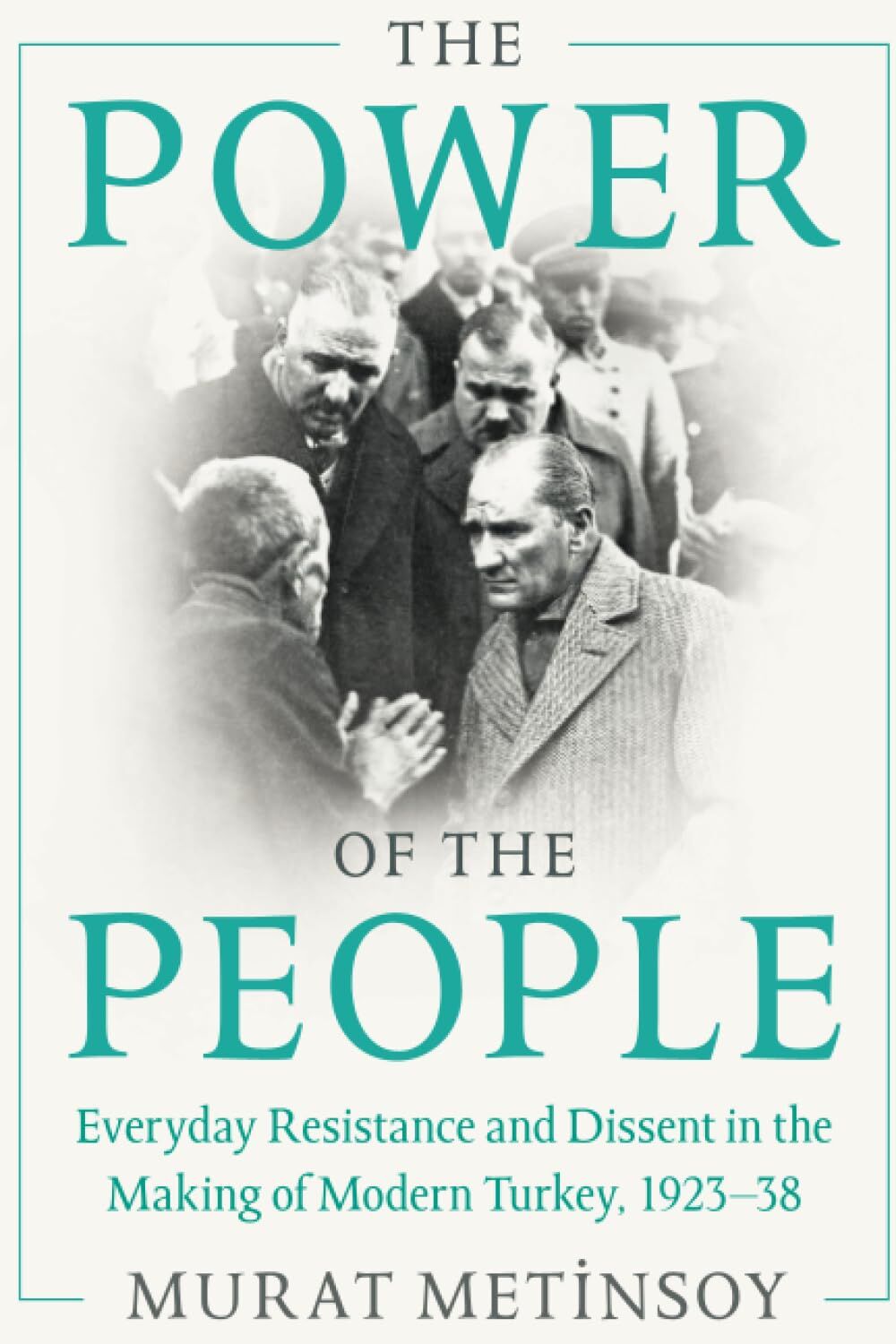Power of the People
Following the collapse of the Ottoman Empire and the founding of the Republic in 1923 under the rule of Ataturk and his Republican People's Party, Turkey embarked on extensive social, economic, cultural and administrative modernization programs which would lay the foundations for modern day Turkey. The Power of the People shows that the ordinary people shaped the social and political change of Turkey as much as Ataturk's strong spurt of modernization. Adopting a broader conception of politics, focusing on daily interactions between the state and society and using untapped archival sources, Murat Metinsoy reveals how rural and urban people coped with the state policies, local oppression, exploitation, and adverse conditions wrought by the Great Depression through diverse everyday survival and resistance strategies. Showing how the people's daily practices and beliefs survived and outweighed the modernizing elite's projects, this book gives new insights into the social and historical origins of Turkey's backslide to conservative and Islamist politics, demonstrating that the making of modern Turkey was an outcome of intersection between the modernization and the people's responses to it.
Review: 'Metinsoy has produced here a fascinating account of popular politics in the new Turkish republic, writing 'ordinary people', in all their individual and collective complexity, back in to the centre of the national narrative. Highly original, it will transform scholarly understanding of early Kemalist Turkey.' Stephanie Cronin, University of Oxford
'In this meticulously researched book, Metinsoy shows that the informal politics of the urban and rural poor played an important part in Turkey's modernization. Far from being passive objects of an elite project as they are usually portrayed, peasants, tribal members, workers, and other poor and marginalized groups appear in these pages as active participants in a history that determined the shape of modern Turkey. This important book fills a major gap in our understanding of Turkey's recent history.' Resat Kasaba, Henry M. Jackson School of International Studies
'Most narratives of Turkey's secularizing reforms and socioeconomic changes portray them as the uncontested project of elites and the state. In contrast, Metinsoy makes creative use of a variety of new sources and presents a convincing account of every day resistance from ordinary peasants and workers. This well-written book also offers major insights into society and politics including Islamist politics in contemporary Turkey.' Sevket Pamuk
'Metinsoy challenges the top-down narratives of early Turkish Republic state imposition and acquiescence from its 'hapless' populace. Tax evasion, smuggling, banditry, and public complaint from the village coffeehouse to the factory floor weave a rich tapestry of everyday resistance, providing a superb alla Turca sequel to James Scott's classic work.' Michael Wuthrich, University of Kansas
'... this is a must-read book ... Essential.' B. A. Yesilada, Choice


